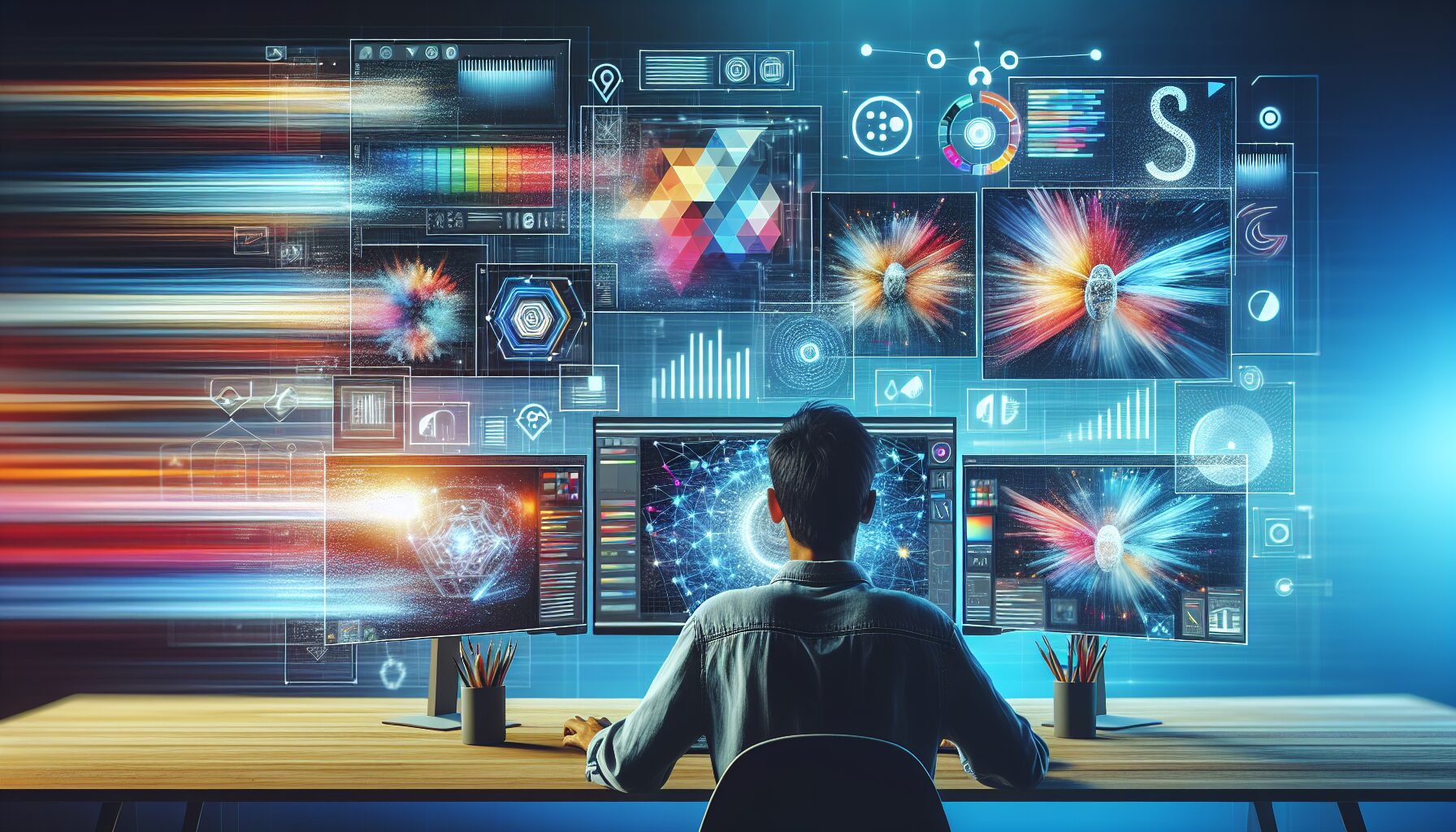The Growing Pressure on Content Creators
In today’s digital landscape, content is king—but creating it is becoming increasingly demanding. Brands, influencers, and marketers face relentless pressure to produce high-quality, engaging material at a breakneck pace. The rise of social media platforms and the constant need to stay relevant have transformed content creation from a periodic task into a continuous cycle. This environment leaves creators scrambling for ways to streamline their workflow without compromising creativity or authenticity.
With audiences expecting fresh and personalised content daily, the traditional methods of brainstorming, drafting, editing, and publishing are proving insufficient in terms of efficiency. Many creators find themselves overwhelmed, juggling multiple platforms and content formats simultaneously. As a result, time management has become one of the most critical challenges in the creative process.
This urgency has sparked a surge in tools and techniques aimed at saving time during content creation. Among these, artificial intelligence stands out as both a promising ally and a controversial figure. While AI-driven solutions offer remarkable speed and automation capabilities, they also raise questions about originality and the human touch that defines compelling storytelling.
AI-Driven Tools: Efficiency Meets Creativity
Artificial intelligence has swiftly evolved from a futuristic concept into an everyday assistant for writers, designers, and marketers alike. Tools powered by AI can now generate drafts, suggest headlines, optimise SEO keywords, and even create visual assets with minimal input. This allows creators to bypass some of the more tedious stages of content development and focus on refining their message.
One significant advantage is the ability of AI to analyse vast datasets quickly and identify trending topics or audience preferences. This insight helps creators target their content more effectively, reducing the trial-and-error phase that often consumes precious time. Moreover, AI’s capacity for repetitive tasks—such as resizing images or formatting text—frees up human resources for higher-level strategic thinking.
However, reliance on AI is not without pitfalls. Overuse can lead to generic or formulaic output if creators do not intervene thoughtfully. The challenge lies in striking a balance between leveraging AI’s efficiency and maintaining the unique voice that resonates with audiences. When used correctly, AI is less a replacement for human creativity than an accelerator.
Balancing Speed with Authenticity
The core value of content lies in its ability to connect authentically with its audience. While saving time is essential, it should not come at the expense of genuine engagement. Content that feels rushed or artificial risks alienating followers rather than attracting them.
Creators must therefore view time-saving technologies as tools rather than crutches. Thoughtful integration means using AI-generated drafts as starting points or inspiration rather than final products. Personal anecdotes, nuanced perspectives, and careful editing remain crucial elements that machines cannot replicate fully.
Furthermore, transparency about the use of AI in content creation can foster trust with audiences who are increasingly savvy about digital production processes. Embracing a hybrid approach—where technology supports but does not supplant human insight—offers the best path forward for sustainable content strategies.
Conclusion: Future-Proofing Content Creation
As we move further into 2025 and beyond, saving time on content creation will only grow in importance amid intensifying competition for attention online. Artificial intelligence presents exciting opportunities to boost productivity and creativity simultaneously but must be harnessed wisely.
Creators who adapt by combining AI efficiency with authentic storytelling will find themselves better equipped to meet evolving audience expectations without burnout. Ultimately, technology should empower humans to tell richer stories faster—not replace them.
In summary:
– The demand for rapid content production drives innovation in time-saving tools.
– AI enhances efficiency but requires mindful application to preserve originality.
– Authenticity remains paramount in building meaningful audience connections.
– A balanced approach optimises both speed and quality in content workflows.
By embracing this nuanced perspective, content creators can future-proof their craft and thrive in an ever-changing digital world.
Notes
- Content creators who use AI tools report up to 40% reduction in time spent on initial drafts.
- 70% of marketers believe personalised content significantly improves engagement rates.
- Over 60% of consumers prefer brands that communicate authentically rather than with overly polished messaging.

